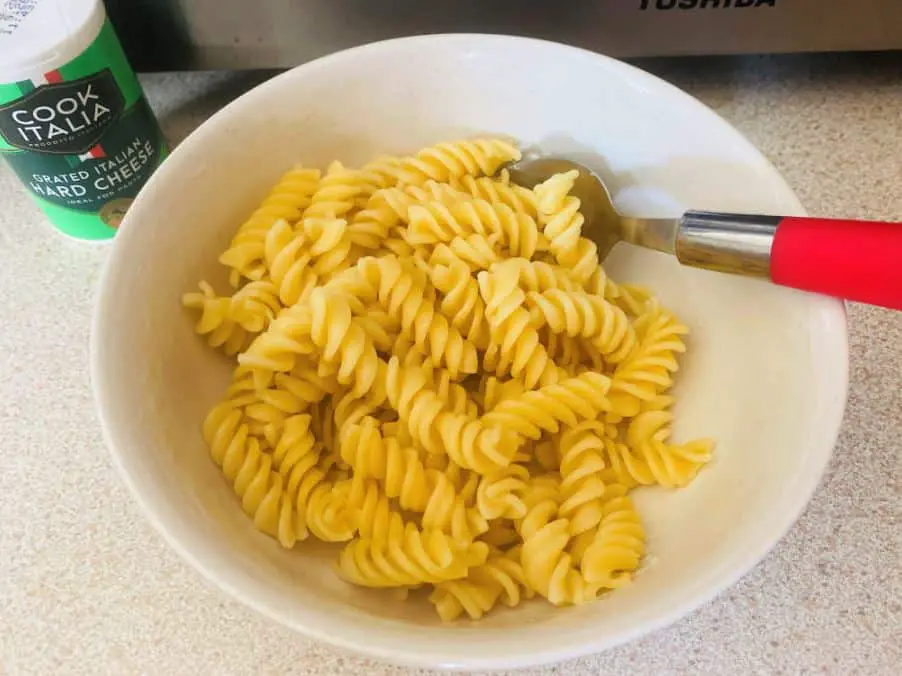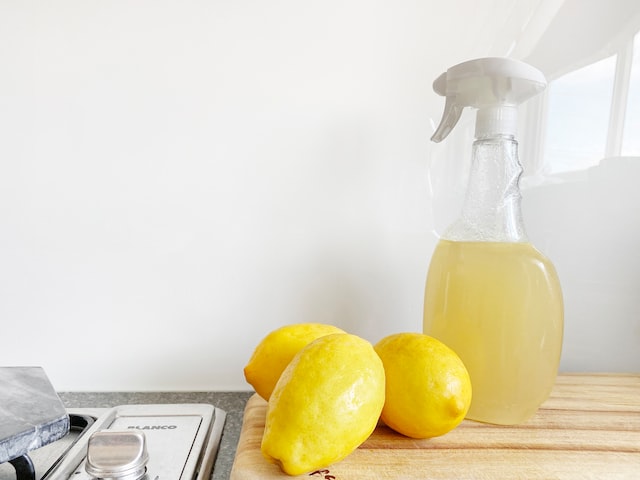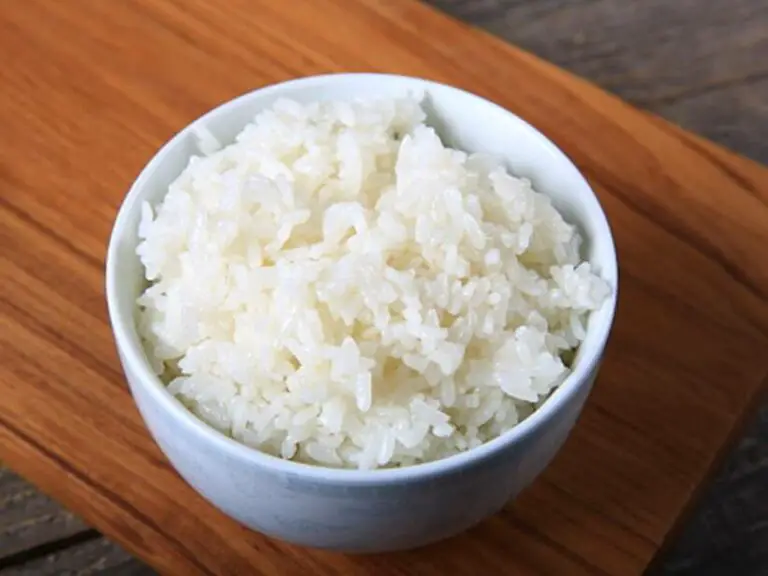Chicken is a staple protein for many households across the world. It is versatile and can be cooked in various ways. However, knowing how to store and handle chicken safely is crucial to prevent foodborne illnesses. Defrosting chicken incorrectly or leaving it in the fridge for too long after defrosting can pose significant health risks.
In this article, we will explore if it’s safe to cook chicken three days after defrosting and what steps you should take to ensure that your chicken stays fresh and wholesome.
Understanding Chicken Storage
Storing chicken correctly is essential to reduce the risk of bacterial growth and spoilage. Raw chicken typically contains several harmful bacteria, including salmonella, E.coli, and campylobacter. Exposure to these bacteria can cause significant health problems such as food poisoning, stomach pain, diarrhea, nausea, and vomiting.
To minimize exposure to these bacteria, proper handling, storage, and cooking practices are necessary.
When buying fresh chicken from a store or market:
- Inspect the packaging for tears or punctures that could allow microorganisms into the meat.
- Verify that there are no “sell-by” or “use-by” dates on the packaging.
- Put poultry products into separate plastic bags before placing them in grocery carts.
- Avoid buying pre-stuffed birds as they promote bacterial growth.
At home:
- Watch out for cross-contamination: use different cutting boards for meats than vegetables; wash hands frequently while preparing chicke; keep poultry separately from ready-to-eat foods.
- Keep raw chicken below 40ºF (4ºC) until immediately before use
- Properly seal raw poultry in an airtight container or resealable bag during refrigeration to prevent leakage or dripping onto other foods.
- Store raw poultry in the coldest part of your fridge (typically at the back of its bottom drawer), do not overload it with other groceries to lessen air circulation, keep it there for no more than two days before cooking.
Defrosting Chicken Safely
To ensure that chicken remains safe and fresh, proper defrosting practices must be followed. Never thaw chicken by leaving it out on the counter or in hot water as this encourages bacterial growth. Instead, use one of the three recommended methods:
- Refrigerator Thawing: Store the frozen chicken in its original packaging in the fridge and allow it to defrost over several hours up to a day. This method takes longer but creates an even thaw and keeps your food at a safe temperature.
- Cold-water Thawing: Place sealed baggies of frozen chicken into a bowl of cold water, making sure that all parts are submerged for thirty minutes or until fully defrosted. Replace your cold water every thirty minutes to maintain temperatures below 40ºF (4ºC). Once fully thawed, cook the poultry immediately.
- Microwave Thawing: The quickest thaw method is using your microwave oven’s defrost button only if fully confident of your equipment’ safety precautions; follow manufacturer directions closely so you do not end up starting to cook edges while other parts are still frozen solid.
How Long Does Defrosted Chicken Last?
Cook or refrigerate your meat as soon as you have finished completely de-frosting it. Still uncertain about when cooked poultry goes bad? The time depends on how long it was kept fresh before being frozen, what temperature it has been stored in after being unfrozen, and the seasonings used.
When kept properly cooled before cooking, bite deboned raw poultry like breasts or wings will remain manageable for up to 2 days in a refrigerator at 35°F-40°F (2°C–4°C) when defrosted positively from the fridge. While farmyard chickens can last up to four days past their packing/sell-by date with proper storage, store-bought chicken usually has a shorter shelf life. Always check expiry dates and inspect how the raw meat looks, feels, and smells.
Assessing The Safety Of Defrosted Chicken
Even after defrosting chicken safely, it is crucial to assess its quality before cooking it. Here are some factors to consider:
- Appearance: Check for signs of freezer burning or discoloration, black marks or cracks in bones.
- Smell: Rotten or stale food emits putrid scents. Fresh chicken shouldn’t have any odors beyond light game notes due to oles within muscles.
- Texture: Slimy areas may indicate bacterial growth, besides tough consistency may result from poor defrost timing or mishandling.
If your chicken doesn’t meet all the evaluation criteria above, discard it immediately.
Risks of Cooking Bad Chicken
Cooking bad poultry can lead to several health risks. Food poisoning is a significant risk and can lead to various symptoms ranging from foodborne illnesses like Salmonella or Campylobacteriasis related diarrhea lasting anywhere from six hours to six days; stomach cramps; fever that will be flu-like with headaches and nausea depending on severity level. In severe cases where bacteria enter the bloodstream (septicemia) through damaged intestinal linings by toxins produced by microorganisms like Clostridium perfringens), sepsis could occur long after someone ate contaminated poultry. Any negative results would imply going to ER right away.
While these risks might not appear every time you eat bad meat (depending on one’s unique immune system balance), non-fatal acute gastroenteritis likely triggers many other adverse physical compromising situations like dehydration, electrolyte disturbances, internal hemorrhages as a result of muscle contractions leading up to explosive vomiting or diarrheic episodes.
Beware that even cooked foods might not eliminate bacteria altogether; however heating industrial boilers thoroughly is known to kill bacteria like salmonella to an acceptable level.
Cooking Chicken After Thawing It Three Days Ago
Cooking soon after thawing is generally recommended when handling chicken safely. But, sometimes life happens; however, it isn’t advisable to cook it three days after defrosting for health reasons. If marinating raw chicken in your fridge before cooking- often, you might need more extended time frames up to two days or put coated chicken in the freezer and pull it out within a month. For poultry not destined for marinating and freezing subsequently, we’d advise against cooking chicken that has been thawed for three days or longer due to the exponential increase in bacterial growth with time.
Conclusion
In conclusion, proper storage, thawing and cooking practices are essential to ensuring that your chicken remains safe and fresh. Defrosting chicken safely requires keeping it at a temperature below 40°F (4°C) until it’s ready to use, while proper cooking times and temperatures kill any harmful bacteria present in the bird.
Therefore; assess all aspects of how long your poultry has been stored and how well it looks and smells before proceeding with cooking compared with guidelines given as checkpoints during evaluation phases.
Remember that you can always check expiration dates on packaging or see signs of rottenness early enough on frozen meat products by using all sensory tools available. Ultimately; following simple rules about handling, storage and food preservation will save you from unpleasant stomach upsets or worse yet serious health issues down the line!
Q&A
- Q: Can you cook chicken 3 days after defrosting? A: Yes, you can cook chicken 3 days after defrosting it. However, it is important to ensure that the chicken has been stored properly in the refrigerator and has not been left at room temperature for too long.
- Q: What is the best way to defrost chicken before cooking it? A: The recommended way to defrost chicken is by placing it in the refrigerator overnight. This allows the chicken to thaw slowly and safely without risking any bacteria growth.
- Q: What are some signs that indicate that the chicken has gone bad? A: Signs that a chicken has gone bad include foul odors, slimy texture, and discoloration. It is important to always check your chicken before cooking and discard it if there are any suspicious signs.
- Q: Is it safe to refreeze chicken if it has already been previously frozen and thawed? A: It is not recommended to refreeze chicken once it has already been thawed as this can result in bacterial growth and increase the risk of food poisoning. It is best to consume or cook the thawed chicken within 1-2 days of being defrosted.




